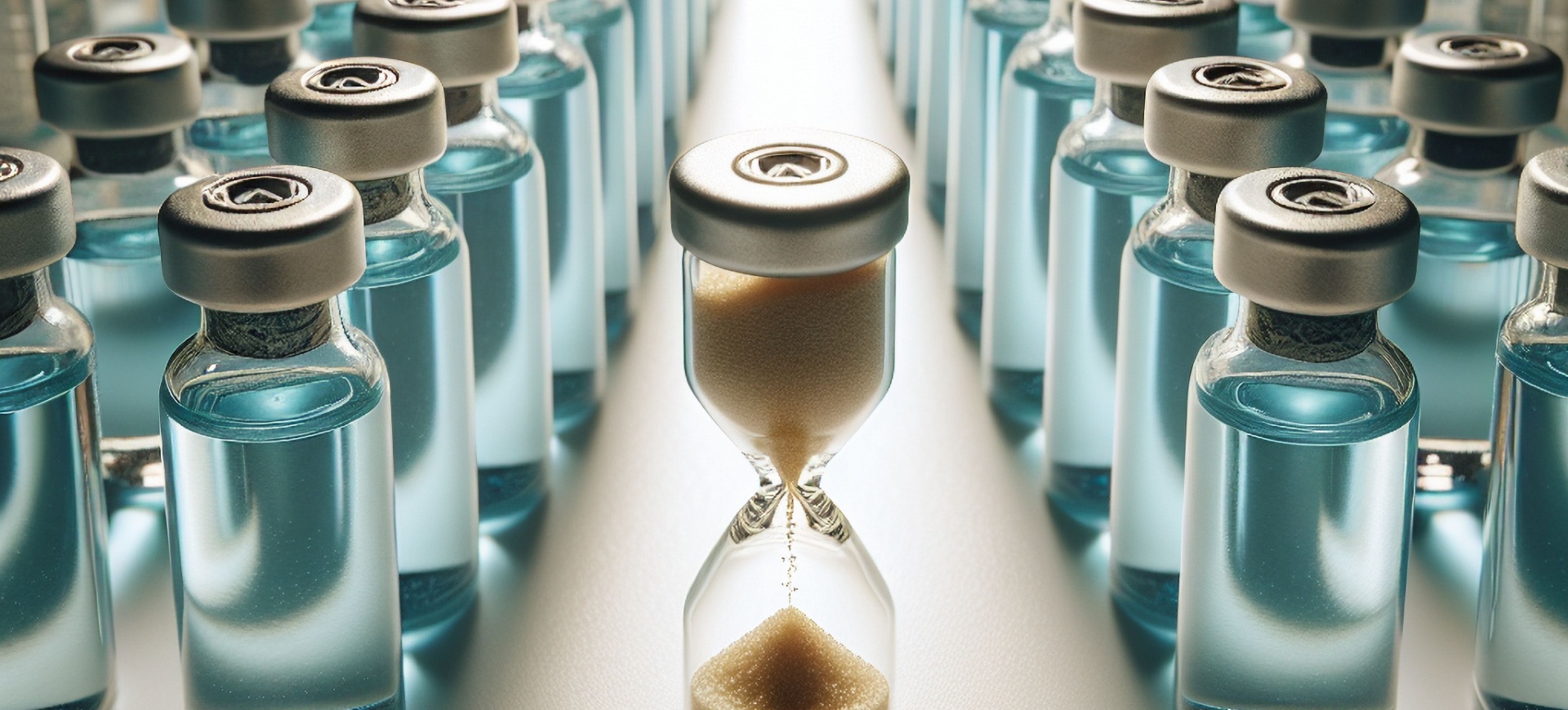The G20’s role in ensuring global health security
Leaders must unite to establish equitable access to medical technologies and address the root causes
of inequalities to ensure the world is prepared for the next pandemic
In any health crisis, it is essential to get the necessary medical technologies quickly to everyone, everywhere, who requires them. The world keeps paying a heavy price for the repeated failure to do so. Mpox, like the COVID-19 and AIDS crises, demonstrates once again how global health inequalities drive global health insecurity.
The urgency to fix our global health architecture is not only a moral but also a practical one: none of us will be safe until all of us are safe. G20 leaders know from painful experience that the global model of developing and producing the tools to overcome pandemics is not fit for purpose. With a one-in-four chance of another pandemic within the next decade, there is no time to wait to ensure that a failed dependence on charity is replaced with an equitable, sustainable and affordable supply of health products for all.
Excitingly, at this G20 summit, leaders have an opportunity to take the path to health security.
G20 members need to swiftly agree to concrete mechanisms to share technology and knowledge and produce medicines in decentralised ways so every region can protect its population against pandemics. As G20 president, Brazil has proposed the Alliance for Local and Regional Production, Innovation and Equitable Access, a global network of actors committed to sharing the technology and knowledge to develop and manufacture medicines, vaccines and diagnostics for neglected diseases and vulnerable populations. This is an idea whose time has come. It would strengthen cooperation between North and South and among countries within the Global South. It could help ensure everyone, everywhere can access the medicines they need to keep themselves and others safe. It could help ensure the world is properly prepared for the next pandemic.
For the global HIV response, which I lead for the United Nations, the alliance could help ensure access to transformative new treatment and prevention tools that are unavailable in most of the world because only a few companies make them. There is now a game-changing new HIV prevention medication that only needs two injections a year. But it will only reach people who need it most – including young women in favelas in Brazil and gay men in Mexico – if it is produced by generic manufacturers for people in all low- and middle-income countries in every region of the world, and if the price per person per year is dramatically reduced.
Equitable access to medicines
Underpinning Brazil’s proposed approach is the need to address the social determinants of health. During the G20 Health Working Group meeting in Salvador, Sir Michael Marmot, co-chair of the Global Council on Inequality, AIDS and Pandemics, showed that health crises are driven by social crises, and those social drivers are tackled when we heal social fractures. To win the fight against pandemics, we need to address their social determinants.
Brazil’s example demonstrates how social protection policies help secure progress in health. Modelling published in Nature showed that, without its social protection policies, Brazil’s deaths from HIV and tuberculosis would be over 20% higher by 2030. Likewise, a study in The Lancet Global Health demonstrated how Botswana, once an epicentre of the AIDS pandemic, helped power progress in HIV prevention by expanding secondary school attendance, saving over $27,000 for each averted infection.
To enable investment in policies and programmes proven to protect health security, G20 leaders need to enable countries to break free from the choking resource crunch, by dropping debt, boosting aid and working together on fair taxes.
Four out of every 10 people worldwide live in countries where their governments spend more on debt interest payments than on health or education. Leaders urgently need to agree on coordinating significant debt restructuring and relief to enable countries to invest in health care, education and poverty eradication.
Aid needs to be strengthened, not squeezed. Fiscal modelling demonstrates that filling the $9.5 billion gap in the HIV response, for example, will ultimately be much less expensive than failing to do so.
Moreover, as Brazil has proposed, international cooperation to enable progressive taxation is also vital. The wealthy need to pay their fair share. According to a report by economist Gabriel Zucman commissioned for the G20, billionaires currently pay an effective tax rate of just 0.3%; a minimum tax rate of just 2% levied on the world’s 3,000 richest people could deliver up to $250 billion each year to address the crises that endanger us all. As the Tax Justice Network notes, a wider wealth tax in line with Spain’s could raise as much as $2 trillion a year.
The evidence is clear: by enhancing scientific innovation and collaboration, and tackling inequality within and between countries, we protect everyone. The decisions that leaders take this year will determine whether their legacy will be that they have put us all in danger or that they have ensured we are all kept safe.
With the world at a crossroads, Brazil’s proposals to the G20 light the path to global health security. Leaders need to take the path together.












